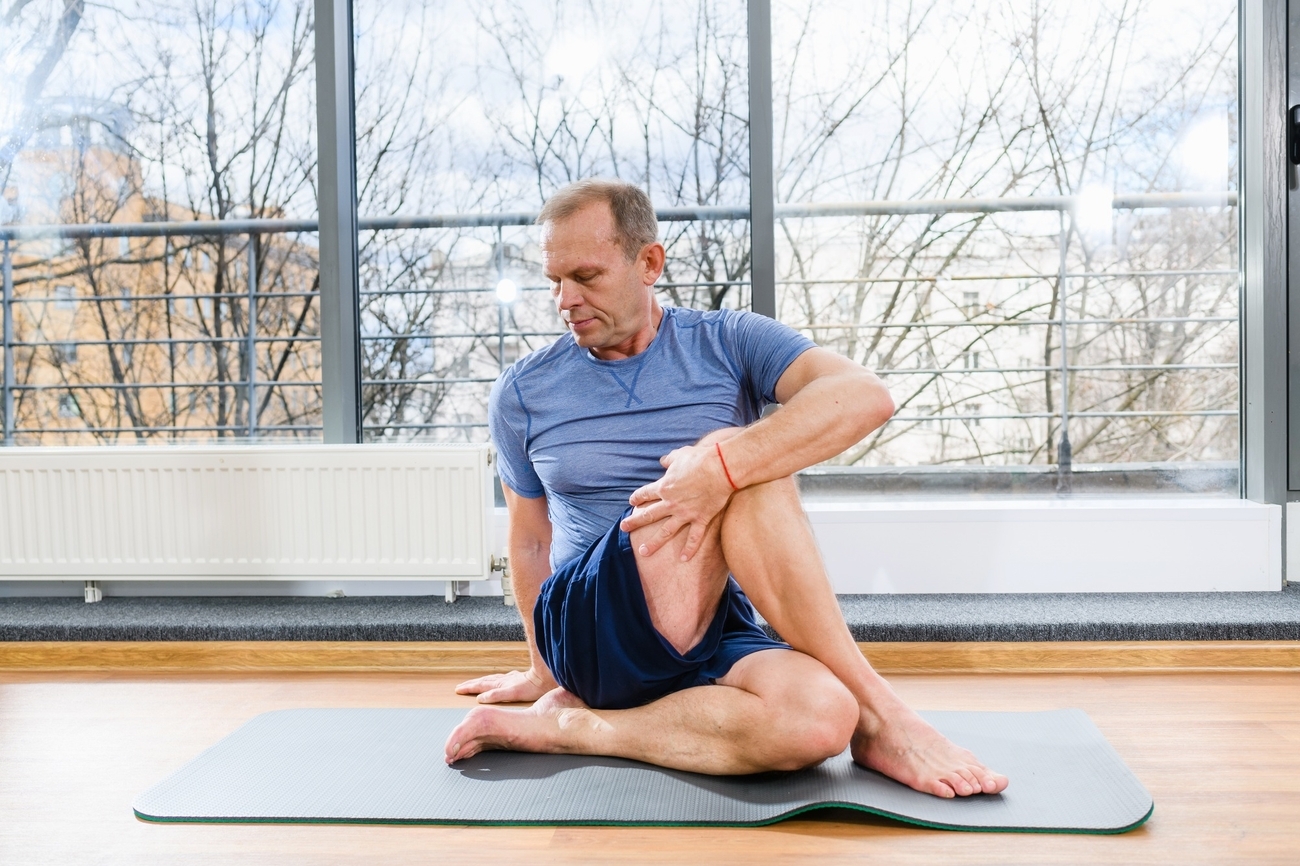The Causes, Symptoms and Treatment of Upper Back Pain

This article has been medically reviewed for accuracy
Neck pain relief is a common goal for many people. Neck pain can often cause tremendous discomfort and lead to a reduced quality of life. This article will guide you on effective methods to alleviate neck pain, focusing on practical solutions that can be easily implemented into your daily life.
Neck pain is common and can be caused by various factors, like poor posture, or activities that strain the neck muscles.1
There are nonsurgical approaches that can help alleviate neck pain symptoms.2 These methods focus on reducing pain and inflammation, promoting healing, and improving overall comfort.2
Incorporate gentle neck stretches and shoulder rolls into your daily routine to prevent stiffness and discomfort caused by inactivity.4
It may help to apply ice to relieve pain and reduce inflammation.5 According to Harvard Health, cryotherapy may reduce soreness in the short term and accelerate the perception of recovery after certain activities. However, it has not been proven to consistently lead to improved function or performance.7
You could also try topical pain relief products like Biofreeze’s range, which contain menthol that provides cooling pain relief.6
If you prefer heat therapy, a heating pad or a warm bath can also help ease your aching neck.4
Ensure your workstation is ergonomically set up with proper chair height, foot placement, and screen positioning to reduce strain on your neck and upper back.
Opt for a backpack with padded straps to distribute weight evenly. This will prevent strain on the neck and the upper back muscles caused by heavy bags.
Choose a supportive pillow that maintains neck alignment and avoid sleeping on your stomach to prevent neck strain.
On long days spent at your desk, ensure that you get up occasionally to stretch your neck and shoulders.
It’s important to maintain proper posture by sitting and standing with shoulders back, chin tucked in, and spine aligned to reduce neck pain and improve overall posture. To help prevent neck pain, keep your head centred over your spine.1
In most circumstances, incorporating stress reduction techniques as a form of self-care can help speed up recovery. This can include staying active, deep breathing, meditation, and progressive muscle relaxation.5
Get in touch with your healthcare provider if:8
This article has been medically reviewed for accuracy



No Mess & Portable
Easily Covers Small & Large Areas
Targeted Relief
Non Greasy
Easily Covers Small & Large Areas
Easy Application

